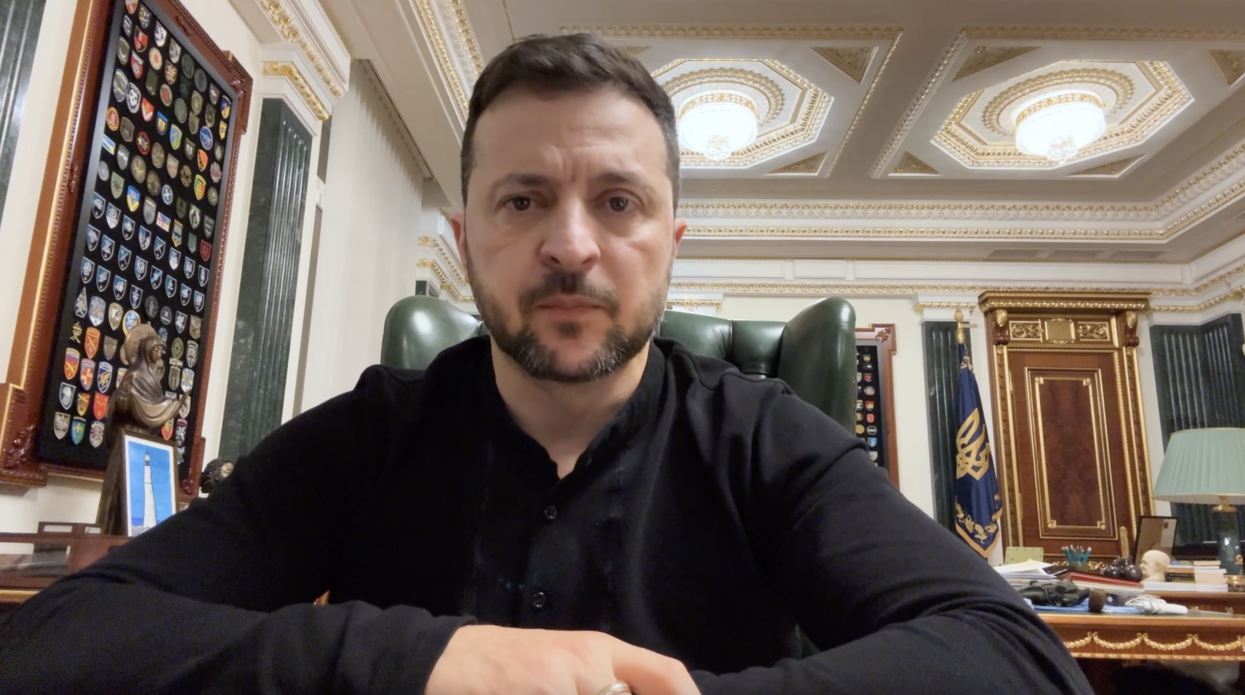The greetings were friendly, but Saudi Foreign Minister Prince Faisal bin Farhan Al-Saud made clear in his public welcome to Secretary of State Tony Blinken before their private discussions Oct. 14, that the Saudi Kingdom does not accept the U.S. refusal to countenance a ceasefire or “de-escalation” of the Israeli-Palestine conflict while denouncing anyone who objects to Israel’s intended ethnic cleansing of Gaza as “support for terrorism.”
“Tony, my friend, welcome to Riyadh,” Al-Saud said. “The Kingdom and the U.S. have always been close and we’ve always worked well together in the interests of regional and global security. And given the difficult time we are in now in the region, I think it’s an important opportunity for you and I to chat.”
In this disturbing, difficult situation, he stressed, “the primary sufferer of this situation are civilians—civilian populations on both sides are being affected. And here it’s important, I think, that we all condemn the targeting of civilians in any form, at any time, by anyone. And I think that’s something that’s very clear, that’s something that’s clearly adopted by the Arab League….
“The priority now needs to be to stop further civilian suffering.… We need to find a way to quickly de-escalate the situation, to quickly bring back peace, at least stopping the guns, and then working towards addressing also the humanitarian challenges.
“So here I have to emphasize that the humanitarian situation in Gaza is very, very difficult, and we need to work together to make sure that access for humanitarian relief and humanitarian goods is allowed. This is something that is critical and is of course enshrined in international law.
“And we need to work together to find a way out of this cycle of violence…. Without a concerted effort to end this constant return to violence, it will always be the civilians that suffer first and always be civilians on both sides that end up paying the price. So I hope that we can find a way to de-escalate the current situation, and then hopefully move forward to a more permanent solution.”



